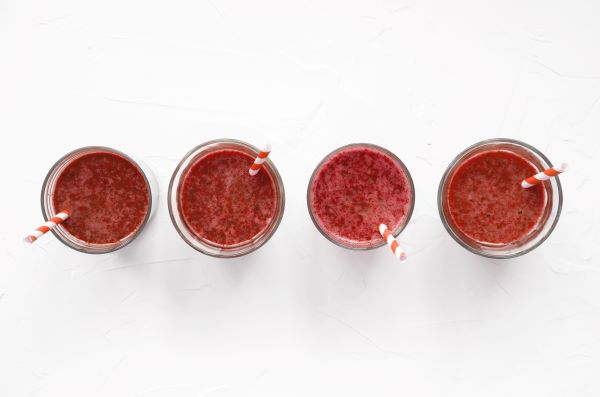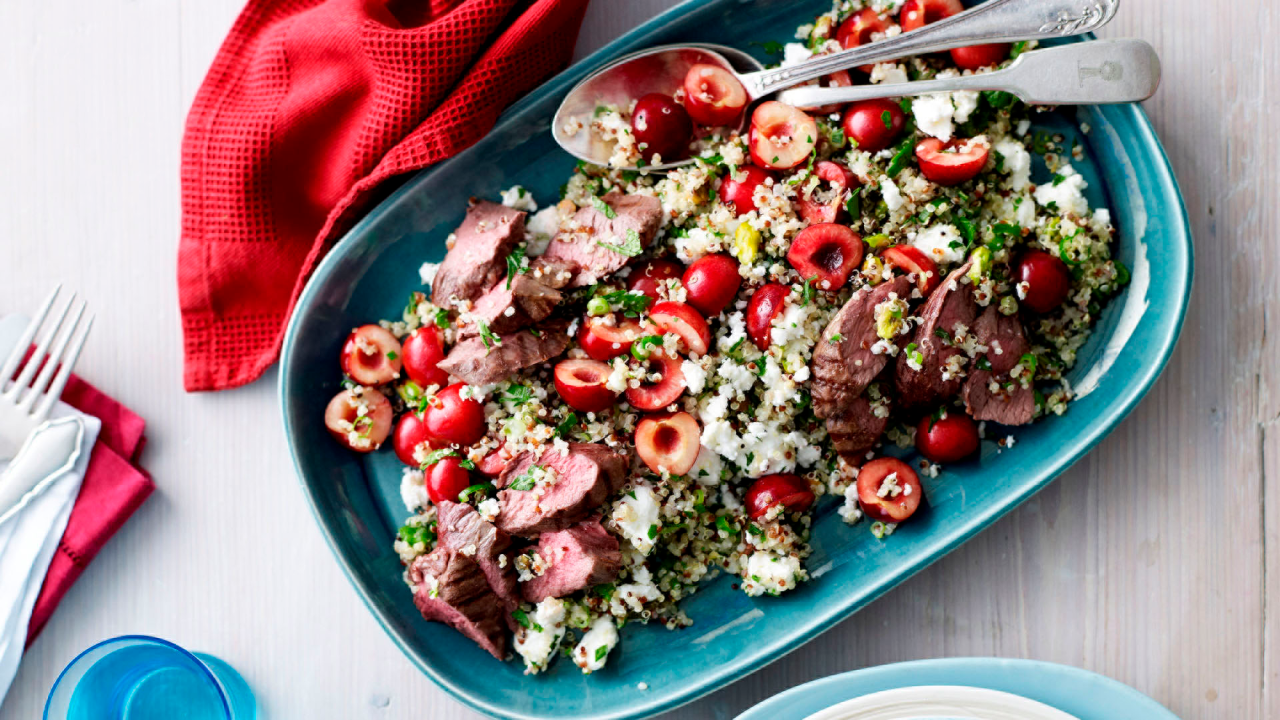-
It took me 10 years to realise I was an emotional eater. At my heaviest, I was classified as obese, and everything I tried felt like a failure. Every week was the same - each Monday I’d blame myself, believing if I had more self-control, I’d be able to stop the emotional eating and finally lose weight.
The truth? You can’t stop binge eating with willpower alone. In fact, if you restrict what you eat, you will often obsess and eat more. It was hard to swallow, but when I accepted this, I was able to stop my unhealthy eating cycle. I even lost 20 kg. During this process, I learned some important insights about how to kick emotional eating to the curb.
Give yourself permission to enjoy food
Firstly, ‘trying to be good’, like going on a diet or following a meal plan, will only make you binge more. When dieting, our brains tend to slip into thinking food is scarce, so when you finally do eat, you go overboard. The key is to give yourself permission to enjoy what you eat, and learn to follow your hunger (instead of a diet). Only then will your body begin to trust that you aren’t being deprived.
Reflect on your eating patterns
It’s hard to not beat yourself up if you do binge, but feeling guilty and upset afterwards will only make food even more emotionally charged, which leads to more binge eating. It’s not easy, but try to see each binge as an opportunity to learn, not another failure. Often, behind binge eating is your body trying to tell you something. Reflect on your experience afterwards and you may notice behavioural patterns that are causing the emotional eating.
Focus on health, not weight
While it’s normal to focus on the goal of losing weight, this isn’t always a helpful strategy. Try to shift your focus from weight loss to health. When looking through the ‘health not weight’ lens, you’ll see that going for enjoyable walks or a rejuvenating pilates class is far more healthy and manageable than pushing yourself into gruelling workouts you hate. Over time, maintaining health can become easier, and enjoyable.
Let go of 'good' and 'bad'
Also, the language we use around eating is very important. When you ‘try to be good’ by avoiding fattening or ‘bad’ foods, you soon feel deprived and may binge on them later, often in private. I suggest that you change the dialogue from ‘good’ to ‘everyday food’, and swap ‘bad’ for ‘sometimes food’. This helps create a healthy conversation in your mind and silence the internal conflict you may have with your everyday meals.
This is particularly important if you’re teaching young children to have a positive relationship with food. While the intention is healthy, making children finish everything on their plate or using treat food to reward good behaviour can actually lead to emotional eating later on in life.
Get support
If you’re bingeing more than once a week it may be time to get additional support. Emotional eating isn’t something you need to live with or feel ashamed of. Sometimes willpower isn’t enough, and getting professional help can be a step towards living your best life.
How I finally broke the cycle of emotional eating

-
5 reasons to get your blender out
Soups, smoothies, sauces and more. Here we pay homage to one of the kitchen's most versatile appliances: the blender.
-
10 healthy recipes to enjoy this festive season
Trying to be healthy during the festive season can be tough. We’ve rounded up 10 of our most delicious summer recipes for you to make it easier.
-
Grilled chicken with mango and avocado salsa recipe
The flavour of the mango, lime and coriander work perfectly together to add a taste of summer to any meal.
-
Watermelon, pomegranate and olive salad recipe
You’ll be pleasantly surprised how well these flavours work together. It’s a simple and refreshing salad that will soon become a summer favourite.
-
Mocktail recipes: Five of the best
The same great taste.
-
10 delicious, low-sugar desserts
Naturally sweet ingredients are great for desserts
Subscribe to receive the best from Live Better every week. Healthy recipes, exercise tips and activities, offers and promotions – everything to help you eat, move and feel better.
By clicking sign up I understand and agree to Medibank's privacy policy






